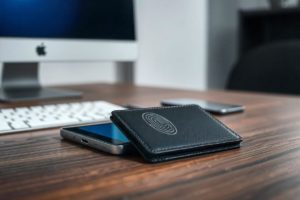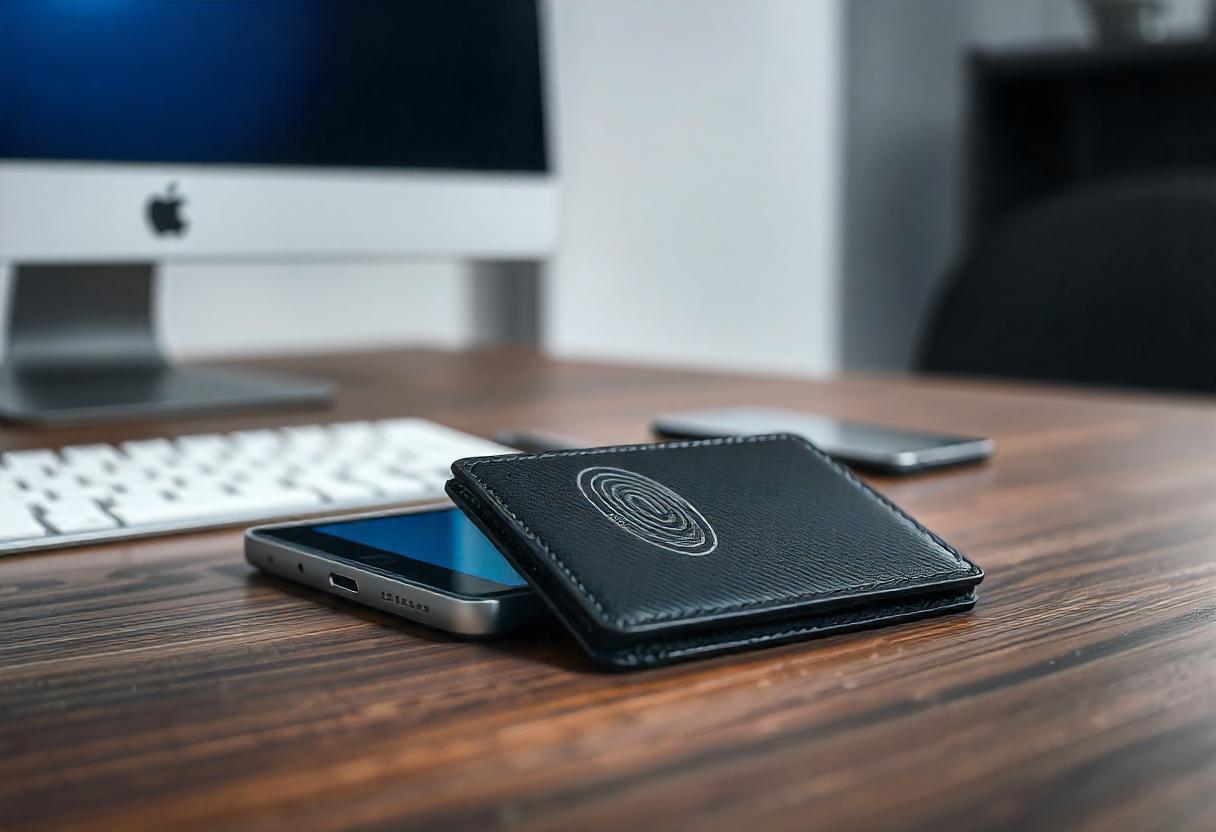The Bank of Korea (BOK), South Korea’s central bank, has disclosed its plans to launch a pilot program for a central bank digital currency (CBDC) in the fourth quarter of 2024. The collaborative initiative, which involves the Bank of Korea (BOK), the Financial Services Commission (FSC), and the Financial Supervisory Service (FSS) will engage 100,000 citizens.
The official announcement of the plans came after a visit by Agustin Carstens, the general manager of the Bank for International Settlements, to the BOK. Despite being almost a year away, the program hints at a continued dedication by the central bank to investigate practical implementations of CBDC.
In this trial initiative, specific commercial banks will recruit participants from September to October 2024, conducting the program over three months. During this time, participants will have the opportunity to conduct transactions using deposit tokens issued by these commercial banks, akin to utilizing a voucher in a store.
The implementation of digital currencies via CBDCs is designed to tackle several issues linked to current voucher systems. These challenges encompass excessive transaction fees, slow settlement procedures, constraints in post-transaction verification, and apprehensions regarding fraudulent claims.
Nevertheless, those involved in the trial initiative will face a few restrictions on the utilization of the currency, being primarily confined to its designated function of payment. Activities such as personal remittances and other uses will be prohibited during this stage.
Beyond facilitating digital payments, the pilot program will incorporate technological trials. These experiments aim to assess the viability and efficiency of issuing and disseminating these innovative financial products.
One of the experiments, which is a collaborative effort between the BOK and the Korea Exchange, aims to integrate the CBDC into a simulation system for carbon emissions trading. This integration will assess the viability of delivery versus payment transactions between carbon emissions rights and payment tokens.
The BOK intends to kick off the pilot project after consultations with relevant organizations and a thorough review of related laws, thereby setting the launch date for late next year. If successful, this pilot initiative could lay the groundwork for future advancements in digital currencies and their practical applications.
During his visit, Carstens referred to the project as the “digital Won” and commended the BOK’s proactive approach to shaping the future monetary system. This pilot program underscores South Korea’s commitment to exploring innovative solutions in the realm of digital currencies, potentially influencing the future landscape of financial transactions.
















